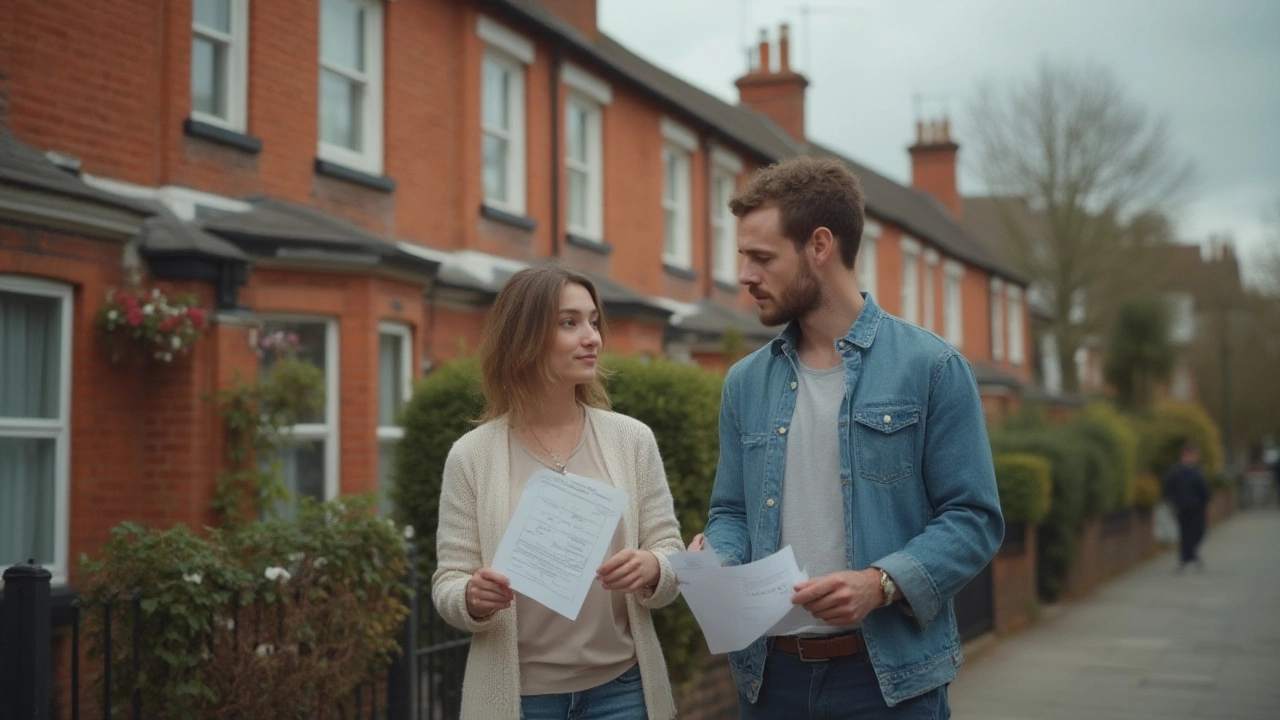Buying a House: Practical Tips for First‑Time Buyers
Thinking about buying a house? It can feel like a huge leap, but breaking it down into clear steps makes it doable. You don’t need a finance degree to know what to look for, just a plan and a few smart habits.
First, get a realistic picture of what you can afford. Grab a mortgage calculator, punch in your income, debts and a rough interest rate, then see the monthly payment that feels comfortable. Remember, the mortgage payment isn’t the only cost – you’ll also need to budget for council tax, insurance, maintenance and moving expenses.
Planning Your Finances
Start by checking your credit score. A higher score usually means a lower interest rate, which can save you thousands over the loan term. If your score needs a boost, pay down high‑interest cards and correct any errors on your report before you apply.
Next, decide how much you want to put down. While 5‑10% is common for first‑time buyers, a larger deposit reduces your monthly payment and may get you a better rate. If you have savings, consider a Help to Buy ISA or Lifetime ISA – these can add a government bonus to your deposit.
Don’t forget to factor in the ‘extra’ costs. Solicitor fees, survey fees, and stamp duty can add up quickly. A good rule of thumb is to set aside an extra 5‑10% of the purchase price for these out‑of‑pocket expenses.
Finding the Right Property
When you start looking, think about what matters most to you: commute time, schools, green space, or future resale value. Make a shortlist of must‑haves and nice‑to‑haves, then stick to it. It’s easy to fall in love with a property that stretches your budget – keep your list in front of you to stay grounded.
Visit several homes in your price range and take notes on each. Look beyond décor: check the condition of the roof, windows, plumbing and the layout’s flexibility. Small issues can become big money pits if you ignore them.
Once you’ve found a promising place, get a professional survey. A full structural survey uncovers hidden problems that could affect your decision or give you negotiating power. If the survey reveals major issues, you can ask the seller to lower the price or fix the defects before you commit.
When you’re ready to make an offer, base it on recent sales of similar homes in the area, not just the asking price. Use the survey findings to justify your offer if you need to go lower. Be prepared for a bit of back‑and‑forth – that’s normal.
After the offer is accepted, your mortgage application moves forward. Keep all documents handy: payslips, tax returns, bank statements and proof of deposit. The faster you provide what the lender needs, the quicker the approval.
Finally, the closing day arrives. Your solicitor will handle the legal transfer, you’ll sign the mortgage deed, and the keys will be yours. Celebrate responsibly, then start planning any improvements you want to make.
Buying a house doesn’t have to be overwhelming. By sorting your finances first, doing thorough research, and staying realistic, you’ll move from renter to homeowner with confidence. Ready to start? Grab a calculator and check your credit score today – the first steps are the easiest.

How Student Loans Affect Buying a House: What Every Homebuyer Needs to Know
Do student loans stand in the way of getting a mortgage? Find out how student debt really impacts buying a home, plus tips to boost your chances.





